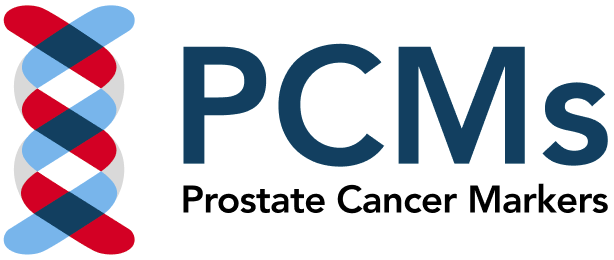What do my Myriad MyRisk Test Results Mean?
The Myriad MyRisk Hereditary Cancer test is a 29-gene panel that identifies an elevated risk for eight hereditary cancers: prostate, breast, ovarian, gastric, colorectal, pancreatic, melanoma, and endometrial.
This test analyzes 29 genes that are hereditary (ie: genes that are passed down through your family) and determines if the gene is altered (ie: carries a genetic mutation). If altered, this increases your risk for one or more hereditary cancers. Approximately 5% – 10% of all cancers are hereditary.
Individuals with these types of genes are far more likely to develop certain cancers, often at a much earlier age than the general population. For women, Myriad MyRisk Hereditary Cancer testing includes “riskScore” that predicts a woman’s five year and lifetime risk for developing breast cancer.
Patient Sample Report:
There are three types of results of a MyRisk test: Negative, Positive, and Variants of Uncertain Significance (VUS).
Negative Test Result
A negative result means that there were no genetic variants found in the genes that were analyzed.
Even if a negative result was found, it does not mean that the patient cannot develop cancer in the future. If you received a negative result, you should still schedule routine screenings and discuss these options with your provider.
Positive Test Result
A positive result means a variant in a specific gene was found that’s associated with a higher risk of hereditary cancer.
It could indicate an increased risk of developing cancers in the future. This result should be used by your provider to manage next steps and any surveillance methods.
Variants of Uncertain Significance (VUS) Result
A Variant of Uncertain Significance (VUS) result means that a variant was found that has an unclear association with risk of cancer, and more information will be needed to understand it. Although, most VUSs are not cancer causing so VUS results are typically managed the same as negative results.
Myriad Genetics, the makers of the test, will regularly review VUSs and reclassify results when they know whether the variant is a negative (benign) genetic change or if it is associated with cancer. When VUSs are reclassified, your healthcare provider is notified.
